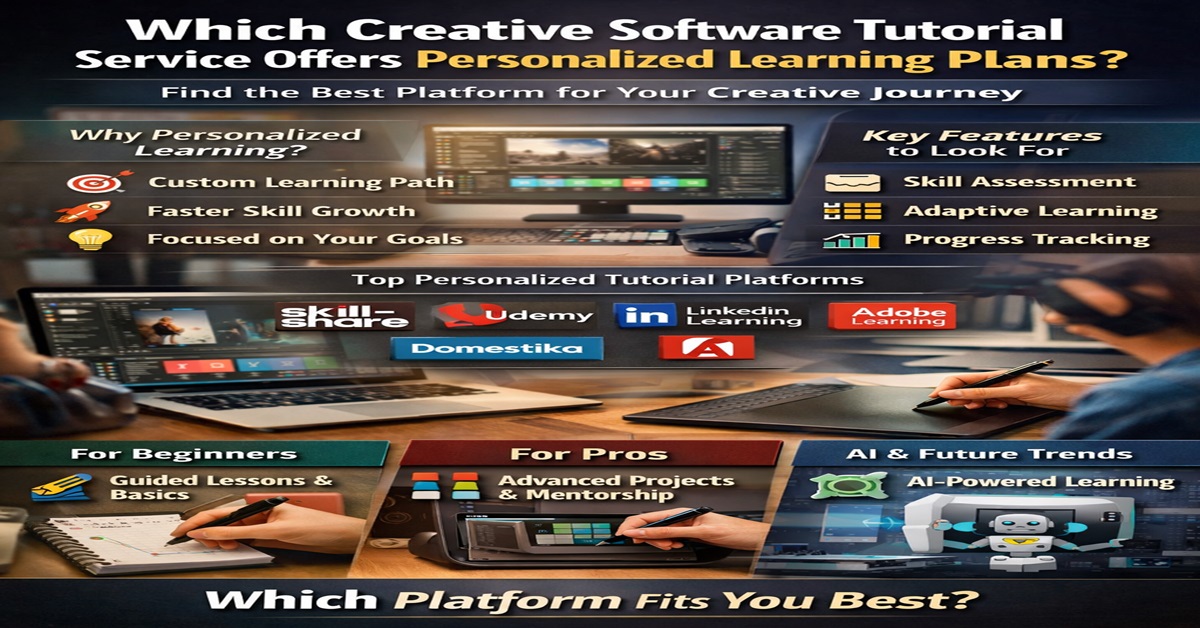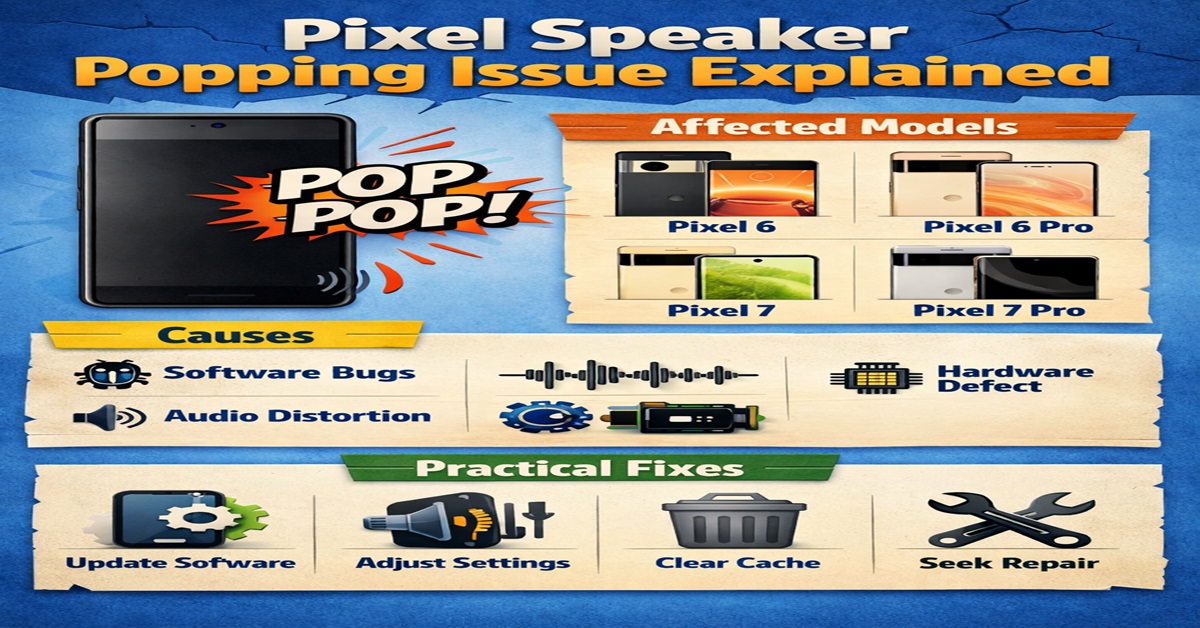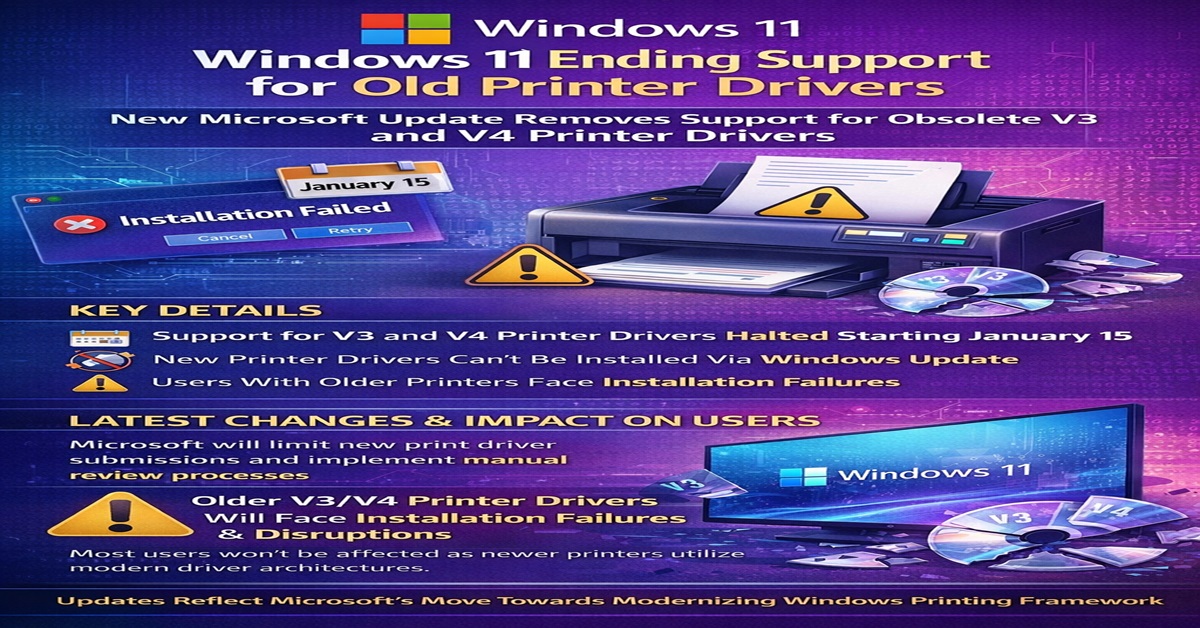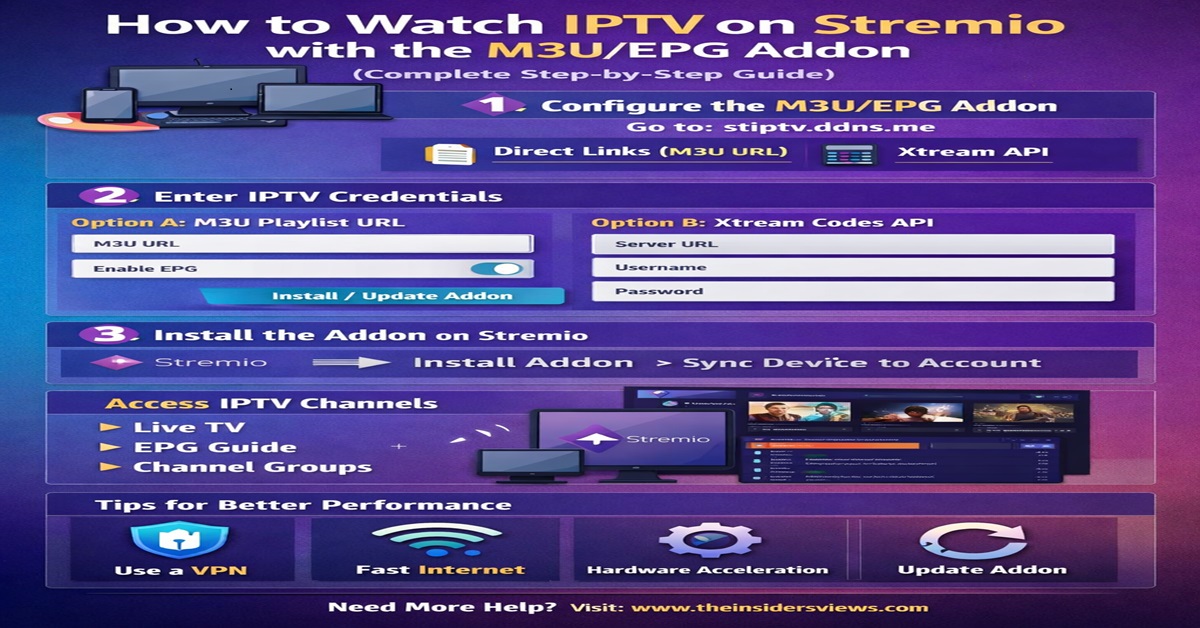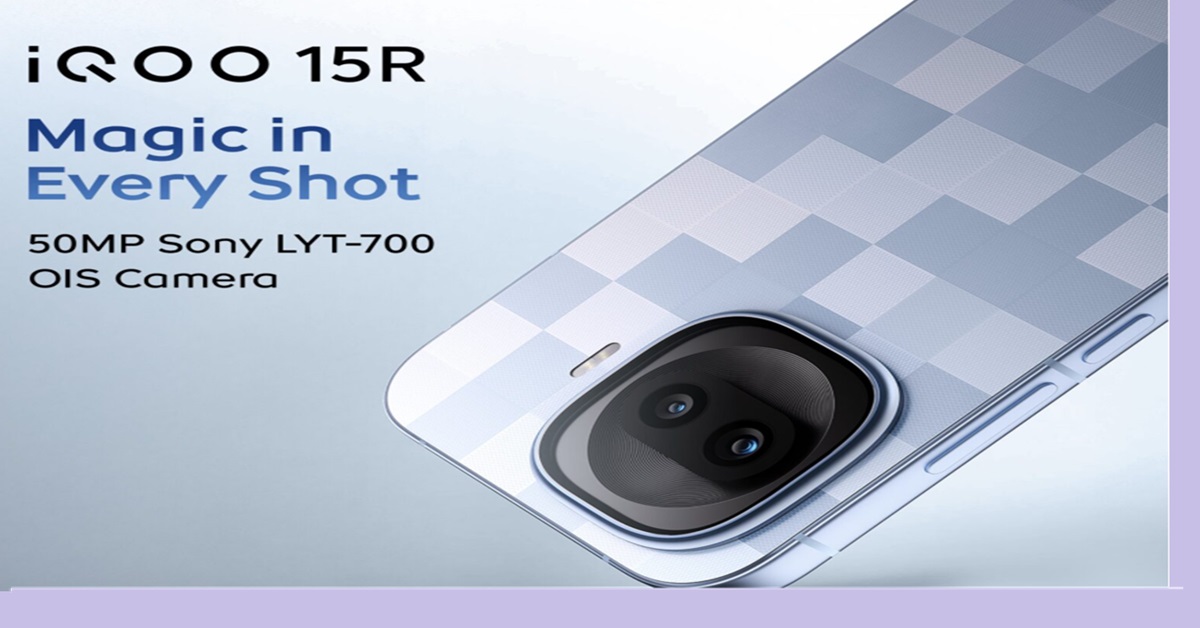What is a CRM and Why Does It Matter?
Customer Relationship Management (CRM) software is like a digital command center for your business. It helps you manage leads, track customer interactions, close deals, and build long-lasting relationships—all from a single platform.
Think of a CRM as your sales and marketing team’s best friend. Whether you’re a solo entrepreneur or part of a fast-growing startup, using the best CRM packages can make the difference between scattered chaos and scalable success.
Key Benefits of Using CRM Software
Still wondering why businesses around the world swear by CRMs? Here’s what makes them essential.
Improved Customer Relationships
CRMs help you remember everything—birthdays, last orders, even that client who prefers being emailed on Thursdays. That personal touch builds loyalty and retention.
Increased Sales Efficiency
By automating tasks, organizing your pipeline, and tracking interactions, CRMs let your sales team focus on what really matters: closing deals.
Better Team Collaboration
A CRM breaks silos and brings marketing, sales, and customer service onto the same page, creating smoother hand-offs and fewer dropped leads.
Different Types of CRM Systems
Operational CRM
This type handles daily operations—think sales tracking, marketing automation, and service support.
Analytical CRM
Analytical CRMs crunch customer data to help you understand patterns and predict future behaviors.
Collaborative CRM
Perfect for teams, collaborative CRMs encourage sharing information across departments for a seamless customer journey.
Features You Should Expect in the Best CRM Packages
Every CRM worth its salt should offer these core features:
Contact and Lead Management
Centralized contact lists, complete with customer history and notes, so you never miss a beat.
Sales Automation
Automate repetitive tasks—follow-ups, appointment scheduling, and lead scoring—to supercharge your team’s productivity.
Email and Campaign Integration
Create, send, and monitor email campaigns directly from the CRM, and track open rates and click-throughs.
Mobile Access
In today’s on-the-go world, a mobile-friendly CRM ensures your team can close deals from anywhere.
Reporting and Dashboards
Get real-time insights into sales performance, marketing ROI, and customer behavior with visual dashboards.
Top 5 Best CRM Packages in 2025
Here are the best CRM platforms making waves in 2025, based on functionality, user reviews, and affordability.
1. Salesforce CRM
Salesforce is the granddaddy of all CRMs—and for good reason.
- Best for: Medium to large enterprises
- Highlights:
- AI-powered analytics (Einstein AI)
- Robust automation workflows
- Massive integration ecosystem
- AI-powered analytics (Einstein AI)
- Pros: Highly customizable, reliable, scalable
- Cons: Expensive, learning curve for beginners
2. HubSpot CRM
HubSpot offers a powerful CRM that’s completely free—and it’s more than enough for many startups.
- Best for: Startups and small businesses
- Highlights:
- Email templates and automation
- Customizable dashboards
- Seamless marketing integration
- Email templates and automation
- Pros: Free plan, beginner-friendly UI
- Cons: Premium features are pricey
3. Zoho CRM
Zoho is a well-rounded, budget-friendly CRM with features rivaling more expensive tools.
- Best for: Small to mid-sized teams
- Highlights:
- Omnichannel communication
- Sales signals and real-time notifications
- AI assistant (Zia)
- Omnichannel communication
- Pros: Affordable, customizable, cloud-based
- Cons: UI feels outdated to some users
4. Pipedrive CRM
Pipedrive is built by salespeople, for salespeople. It focuses on pipeline visibility and ease of use.
- Best for: Sales-driven teams
- Highlights:
- Visual sales pipelines
- Smart contact syncing
- AI-powered suggestions
- Visual sales pipelines
- Pros: Easy to use, fast setup
- Cons: Limited marketing tools
5. Freshsales CRM
From the makers of Freshdesk, this CRM balances sales features with customer support tools.
- Best for: Mid-size businesses looking for CRM + support features
- Highlights:
- Lead scoring
- Built-in phone and email
- Visual deal pipeline
- Lead scoring
- Pros: Affordable, great UI
- Cons: Some features locked in higher tiers
How to Choose the Right CRM for Your Business
Let’s face it: the “best” CRM is the one that works for you. Here’s how to decide.
Define Your Needs and Goals
Do you need help with marketing? Sales automation? Customer support? Pin down your must-haves.
Consider Your Team Size and Budget
A solo freelancer doesn’t need Salesforce. HubSpot or Zoho may be more practical—and cheaper.
Test Before You Invest
Most CRM platforms offer free trials. Use them! Let your team explore the features and give feedback.
Mistakes to Avoid When Selecting a CRM Tool
- Skipping the trial: Always test before buying.
- Ignoring user feedback: Your team’s input is gold.
- Buying the most expensive option: More money doesn’t always mean better results.
CRM Trends to Watch in 2025
The CRM world is evolving fast. Keep your eyes on these trends:
- AI-Powered Workflows: From smart chatbots to predictive analytics.
- Voice Commands: CRMs that listen—literally.
- Low-Code/No-Code Customization: Build CRM workflows without writing a line of code.
- Hyper-personalization: Tailoring every customer interaction using real-time data.
Final Thoughts: Which CRM Should You Go With?
If you’re a small team looking to save money, HubSpot CRM is a no-brainer. Need a powerhouse for a large sales team? Salesforce might be worth the investment. For a balance of affordability and functionality, Zoho CRM is hard to beat.
No matter which route you take, remember: your CRM is your business’s memory, coach, and strategist—all rolled into one.
FAQs About CRM Packages
1. What’s the best free CRM in 2025?
HubSpot CRM offers the most comprehensive free plan, with email tracking, deal pipelines, and contact management included.
2. Can I use a CRM for customer support too?
Yes! Tools like Freshsales and Zoho CRM offer support modules or integrate with helpdesk software.
3. Do I need technical skills to use a CRM?
Not really. Most modern CRMs are designed with usability in mind. Platforms like Pipedrive and Monday.com CRM are very intuitive.
4. How long does it take to implement a CRM?
Anywhere from a few hours to several weeks. It depends on the complexity of the CRM and your business setup.
5. Are there CRMs specifically for e-commerce?
Yes! Platforms like Shopify CRM, Klaviyo, and Zoho CRM for eCommerce are tailored for online stores.


